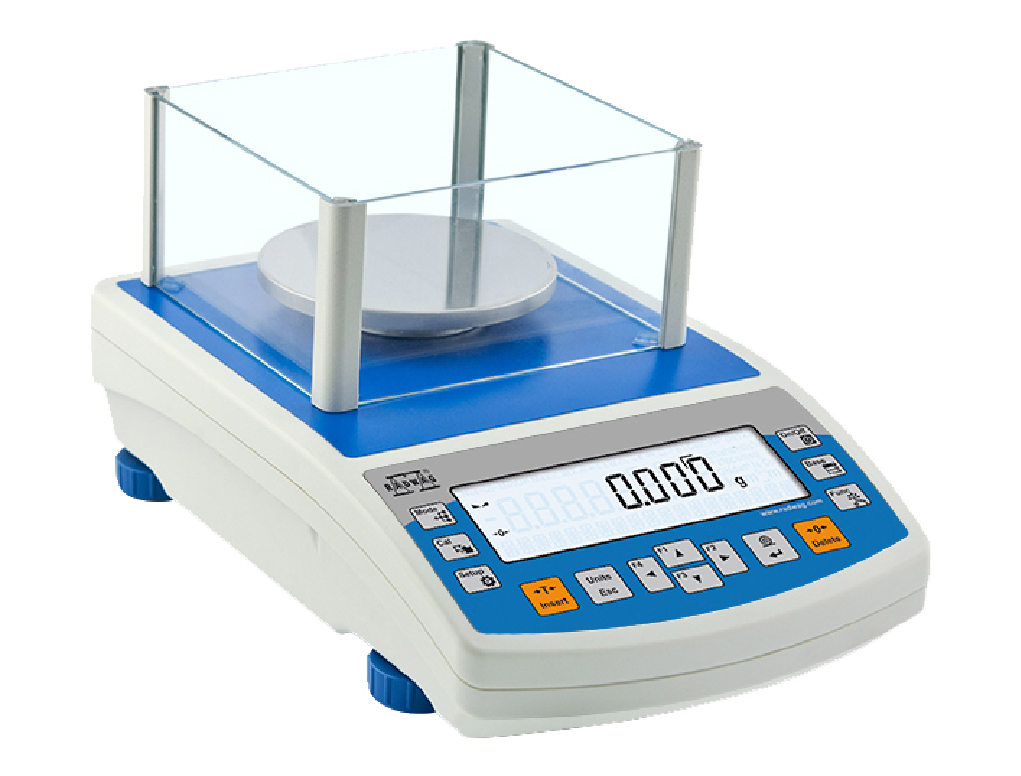Laboratory balances, also known as analytical balances or precision balances, are crucial tools in various industries where accurate measurement of mass is crucial. These sophisticated instruments are designed to provide precise readings, making them essential for a wide range of applications across different sectors.
The Importance of Laboratory Balances
Laboratory balances play a critical role in ensuring accurate measurements of mass, which is fundamental in numerous industrial processes and scientific research. These precision instruments are characterized by their ability to measure mass with high precision and sensitivity, making them indispensable in various industries where precise measurements are essential.
Pharmaceutical Industry
In the pharmaceutical industry, laboratory balances are used extensively in drug development, manufacturing, and quality control processes. These balances are crucial for accurately weighing active pharmaceutical ingredients (APIs), excipients, and other raw materials during formulation and compounding. Precise measurements are essential to ensure the efficacy, safety, and consistency of pharmaceutical products.
Chemical Industry
Laboratory balances are vital tools in the chemical industry for measuring the mass of chemicals, compounds, and samples used in research, development, and production processes. Whether it's preparing solutions, conducting chemical reactions, or analysing samples, precise measurements are vital for ensuring the integrity and reliability of experimental results and product formulations.
Food and Beverage Industry
In the food and beverage industry, laboratory balances are essential for quality control and compliance with regulatory standards. These balances are used for accurately weighing ingredients, additives, and finished products during manufacturing processes. Precise measurements ensure consistency in product formulations, nutritional content, and packaging, thereby enhancing product quality and safety.
Environmental Science
Laboratory balances are integral to environmental science research and monitoring activities. These instruments are used for weighing samples of air, water, soil, and biological specimens in environmental studies, pollution monitoring, and ecosystem research. Precise measurements of sample mass are essential for assessing environmental contaminants, analysing pollutants, and evaluating ecological health.
Material Testing and Analysis
In material science and engineering, laboratory balances are used for conducting various tests and analyses on materials and components. These precision balances are essential for measuring the mass of specimens, samples, and materials under different conditions, such as tensile testing, compression testing, and fatigue testing. Precise measurements enable researchers and engineers to characterize material properties, evaluate performance, and ensure product quality and safety.
Biotechnology and Life Sciences
Laboratory balances are indispensable in biotechnology and life sciences research for measuring biomolecules, cell cultures, and experimental samples. These instruments are used in diverse applications, including protein purification, DNA sequencing, cell culture media preparation, and drug discovery. Precise measurements are critical for ensuring reproducibility, accuracy, and reliability in biological and biomedical research.
Jewelry and Precious Metals
In the jewelry and precious metals industry, laboratory balances are essential for accurately measuring the mass of gemstones, precious metals, and jewelry components. These precision instruments are used by jewelers, gemologists, and precious metal traders for quality assessment, valuation, and certification purposes. Precise measurements are crucial for determining the purity, authenticity, and value of precious metals and gemstones.
Conclusion: Versatile Tools for Precision Measurement
In conclusion, laboratory balances are versatile instruments with applications across a wide range of industries, including pharmaceuticals, chemicals, food and beverage, environmental science, material testing, biotechnology, jewelry, and precious metals.
These precision instruments play a crucial role in ensuring accurate measurements of mass, which is essential for quality assurance, regulatory compliance, research integrity, and product reliability. By providing precise and reliable measurements, laboratory balances contribute to the advancement of science, technology, and industry, enhancing quality, safety, and efficiency across diverse sectors.





Comments